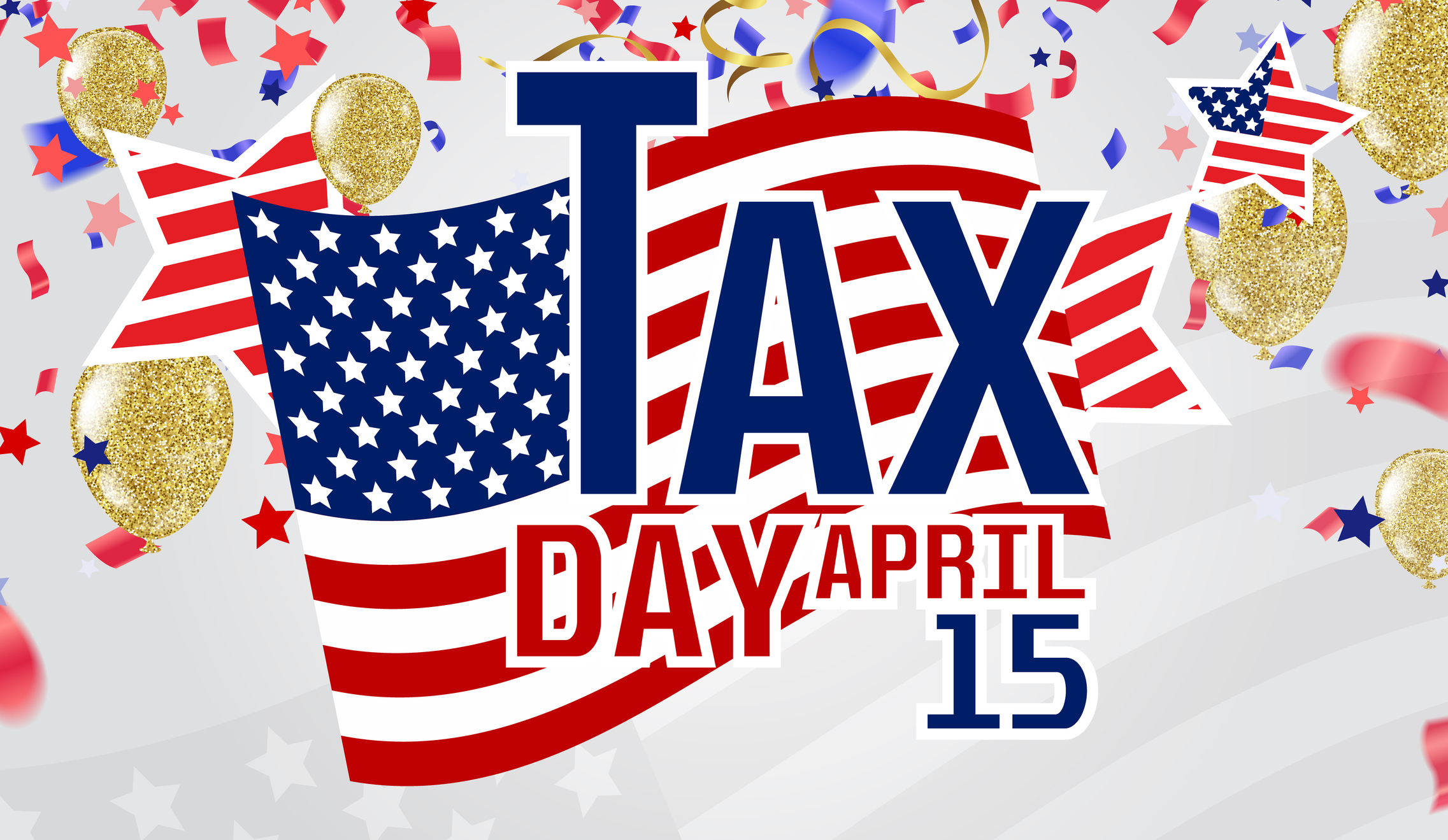Smart Ways to Loan Money to Family Members
Before you loan any cash, follow these steps to help ensure that you'll get your money back.

Profit and prosper with the best of Kiplinger's advice on investing, taxes, retirement, personal finance and much more. Delivered daily. Enter your email in the box and click Sign Me Up.
You are now subscribed
Your newsletter sign-up was successful
Want to add more newsletters?

Delivered daily
Kiplinger Today
Profit and prosper with the best of Kiplinger's advice on investing, taxes, retirement, personal finance and much more delivered daily. Smart money moves start here.

Sent five days a week
Kiplinger A Step Ahead
Get practical help to make better financial decisions in your everyday life, from spending to savings on top deals.

Delivered daily
Kiplinger Closing Bell
Get today's biggest financial and investing headlines delivered to your inbox every day the U.S. stock market is open.

Sent twice a week
Kiplinger Adviser Intel
Financial pros across the country share best practices and fresh tactics to preserve and grow your wealth.

Delivered weekly
Kiplinger Tax Tips
Trim your federal and state tax bills with practical tax-planning and tax-cutting strategies.

Sent twice a week
Kiplinger Retirement Tips
Your twice-a-week guide to planning and enjoying a financially secure and richly rewarding retirement

Sent bimonthly.
Kiplinger Adviser Angle
Insights for advisers, wealth managers and other financial professionals.

Sent twice a week
Kiplinger Investing Weekly
Your twice-a-week roundup of promising stocks, funds, companies and industries you should consider, ones you should avoid, and why.

Sent weekly for six weeks
Kiplinger Invest for Retirement
Your step-by-step six-part series on how to invest for retirement, from devising a successful strategy to exactly which investments to choose.
Whether you’re lending money to your college-bound child or your entrepreneurial brother-in-law, treat the loan as a business transaction. That will increase the likelihood that you’ll be repaid and keep the IRS at bay.
Should You Cosign a Loan?
But first, think hard about whether you can afford to lend the money. “It’s an investment,” says Curtis Arnold, founder of CardRatings.com and coauthor of The Complete Idiot’s Guide to Person-to-Person Lending. “You can lose the whole kit and caboodle.”
Still, a direct loan is less risky than cosigning a loan, says Gerri Detweiler, director of consumer education for Credit.com. If you cosign, you’re on the hook if the borrower defaults -- and you may not know about it until your credit rating takes a tumble.
From just $107.88 $24.99 for Kiplinger Personal Finance
Become a smarter, better informed investor. Subscribe from just $107.88 $24.99, plus get up to 4 Special Issues

Sign up for Kiplinger’s Free Newsletters
Profit and prosper with the best of expert advice on investing, taxes, retirement, personal finance and more - straight to your e-mail.
Profit and prosper with the best of expert advice - straight to your e-mail.
If a family member asks you for a loan, start by asking why he or she needs the money. A loan that would help with college tuition or the purchase of a home could improve the borrower’s financial security. Similarly, a loan could help a relative recovering from a financial setback to avoid predatory lenders, Detweiler says. Conversely, lending money to a family member who has a history of poor financial choices could enable more bad behavior. Ask the potential borrower to provide you with a copy of a credit report and score. The score probably isn’t stellar, or the family member wouldn’t be hitting you up for a loan. But a credit report (the prospective borrower can get one free at www.annualcreditreport.com) will give you an idea of the individual’s other financial obligations.
How much to charge. If the borrower is really struggling, you may be tempted to make a no-interest loan, or charge a nominal amount. Be aware, though, that doing so could get you into hot water with the IRS. To avoid having the transaction treated as a gift, the IRS requires that you charge at least the applicable federal rate (AFR), which is published monthly at www.irs.gov. Otherwise, the IRS could dun you for taxes on “imputed” interest income, based on the AFR when the loan was made. You’re not required to charge interest if the loan is for less than $10,000, or up to $100,000 if the borrower’s investment income for the year is less than $1,000.
Federal rates this year have ranged from about 0.21% to 3.28%, depending on the length of the loan. Of course, you’re expected to report interest you receive as taxable income.
If you wind up forgiving the loan, you might be entangled by gift-tax rules. Gifts that exceed $14,000, including any unpaid interest, require that you file a gift-tax return and cut into your lifetime gift- and estate-tax exemptions.
Put it in writing. In addition to charging interest, drawing up a formal agreement will make it clear to the IRS that you’re making a loan, not a gift. It’s also a good way to ensure that everyone involved understands the terms of the loan. You can find sample promissory notes online, and Web sites such as www.bankrate.com provide tools that will calculate monthly payments.
Arnold, who has made several loans to friends and family members, uses LoanBack, which sells a personalized loan agreement you can track online. A product that will calculate payments and provide e-mail alerts costs $29.95; a basic downloadable template (that doesn’t do the math for you) is available for $14.95.
Profit and prosper with the best of Kiplinger's advice on investing, taxes, retirement, personal finance and much more. Delivered daily. Enter your email in the box and click Sign Me Up.

Block joined Kiplinger in June 2012 from USA Today, where she was a reporter and personal finance columnist for more than 15 years. Prior to that, she worked for the Akron Beacon-Journal and Dow Jones Newswires. In 1993, she was a Knight-Bagehot fellow in economics and business journalism at the Columbia University Graduate School of Journalism. She has a BA in communications from Bethany College in Bethany, W.Va.
-
 Dow Loses 821 Points to Open Nvidia Week: Stock Market Today
Dow Loses 821 Points to Open Nvidia Week: Stock Market TodayU.S. stock market indexes reflect global uncertainty about artificial intelligence and Trump administration trade policy.
-
 Nvidia Earnings: Live Updates and Commentary February 2026
Nvidia Earnings: Live Updates and Commentary February 2026Nvidia's earnings event is just days away and Wall Street's attention is zeroed in on the AI bellwether's fourth-quarter results.
-
 I Thought My Retirement Was Set — Until I Answered These 3 Questions
I Thought My Retirement Was Set — Until I Answered These 3 QuestionsI'm a retirement writer. Three deceptively simple questions helped me focus my retirement and life priorities.
-
 9 Types of Insurance You Probably Don't Need
9 Types of Insurance You Probably Don't NeedFinancial Planning If you're paying for these types of insurance, you might be wasting your money. Here's what you need to know.
-
 The 'Scrooge' Strategy: How to Turn Your Old Junk Into a Tax Deduction
The 'Scrooge' Strategy: How to Turn Your Old Junk Into a Tax DeductionTax Deductions We break down the IRS rules for non-cash charitable contributions. Plus, here's a handy checklist before you donate to charity this year.
-
 Amazon Resale: Where Amazon Prime Returns Become Your Online Bargains
Amazon Resale: Where Amazon Prime Returns Become Your Online BargainsFeature Amazon Resale products may have some imperfections, but that often leads to wildly discounted prices.
-
 Tax Day 2025: Don’t Miss These Freebies, Food Deals and Discounts
Tax Day 2025: Don’t Miss These Freebies, Food Deals and DiscountsTax Day You can score some sweet deals on April 15 in some select restaurants like Burger King, Shake Shack, and more.
-
 QCD Limit, Rules and How to Lower Your 2026 Taxable Income
QCD Limit, Rules and How to Lower Your 2026 Taxable IncomeTax Breaks A QCD can reduce your tax bill in retirement while meeting charitable giving goals. Here’s how.
-
 The Big CPA Shortage Problem in Accounting: What it Means for Your Tax Return
The Big CPA Shortage Problem in Accounting: What it Means for Your Tax ReturnCareer This once resilient accounting industry is cracking, as the labor force seems in dire straits. It’s also affecting the IRS.
-
 IRS: How to Get a 401(k) Match for Your Student Loan Payment
IRS: How to Get a 401(k) Match for Your Student Loan PaymentSavings Those with 401(k), 403(b), and other savings plans might get relief through their employer-provided retirement account.
-
 Non-Eligible HSA Expenses: When a Doctor’s Note Isn’t Enough
Non-Eligible HSA Expenses: When a Doctor’s Note Isn’t EnoughHealth Savings It's easy to get confused about whether diet products, gym memberships, and fitness trackers are HSA-eligible items.